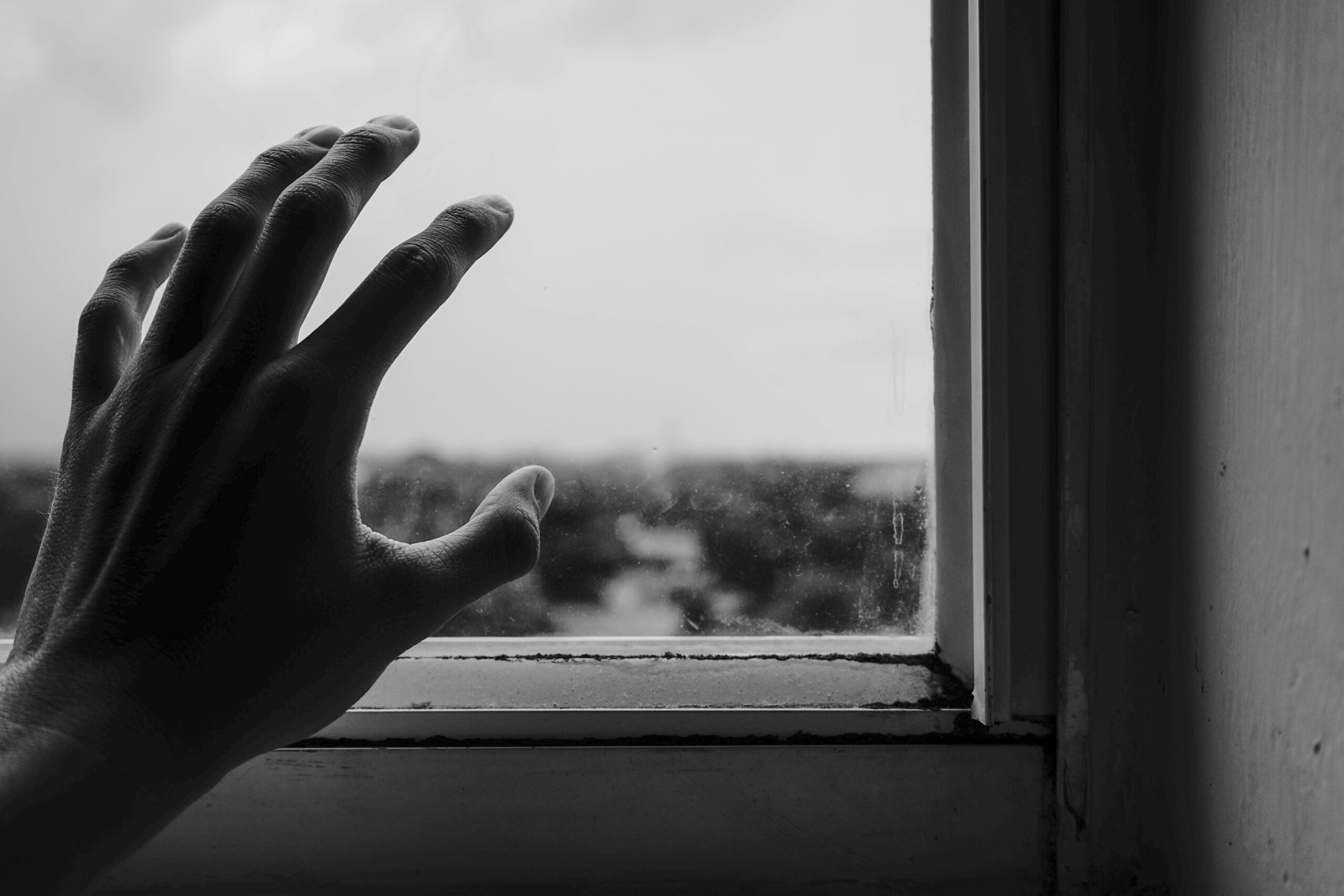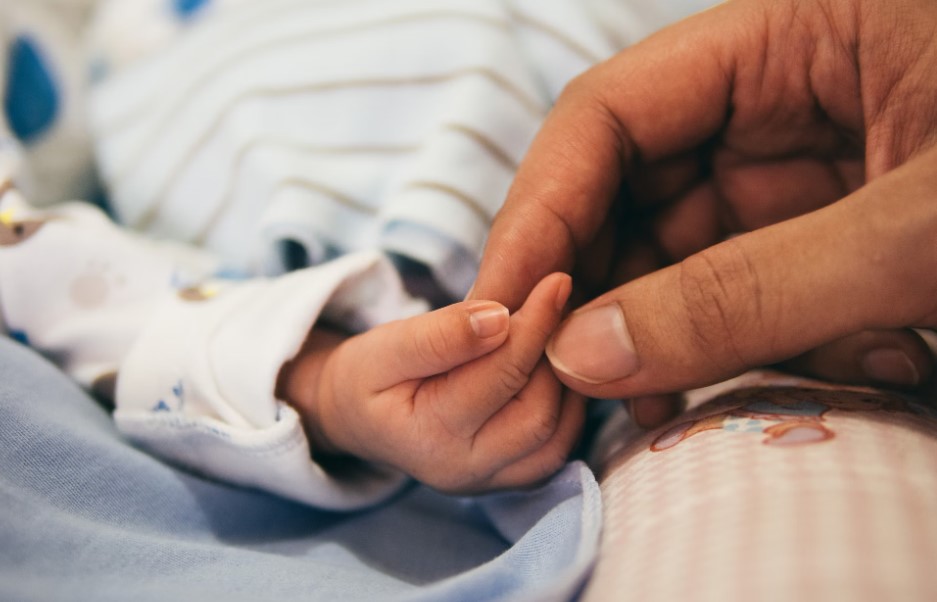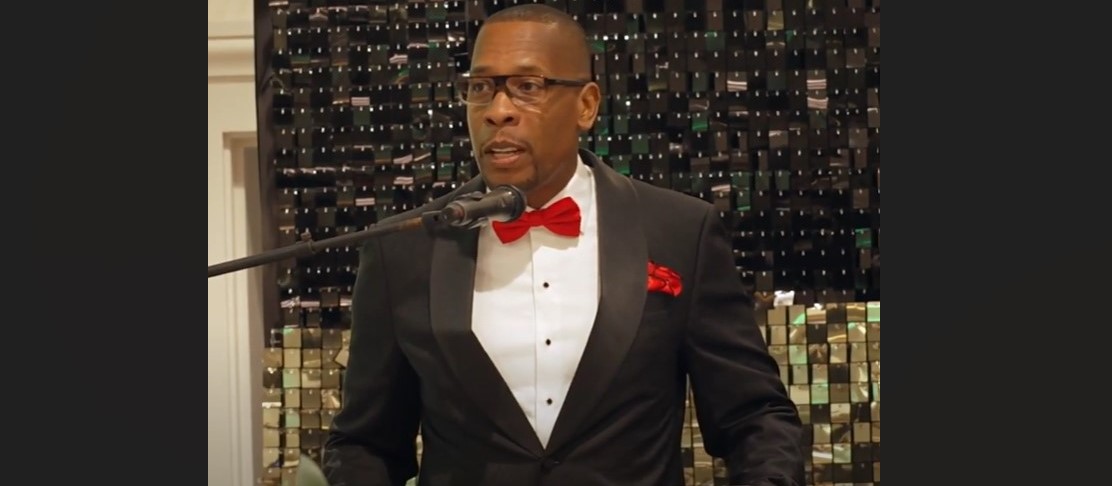

A youth mental health advocate is urging authorities to prioritise mental health, lamenting the lack of support available to young Saint Lucians who need help.
Jaime Young says a cultural shift is also crucial to eliminate the pervasive stigma surrounding mental health. This stigma, she says, prevents many individuals from seeking the help they require.
In an interview with St Lucia Times, Young, who holds a Bachelor of Arts in Psychology (Hons), highlighted anxiety and depression as the leading mental health challenges facing youth today. This assertion is supported by a UNICEF-backed study, The State of the World’s Children (2021), which noted that nearly half of youth aged 10 to 19 suffer from these conditions.
However, Young said stigma remains one of the biggest barriers to addressing the issue. She added that cultural norms in the Caribbean often place undue emphasis on resilience, discouraging individuals from acknowledging their struggles or seeking assistance.

“The fear of being labelled as crazy, or the negative perceptions from friends, family, or community members, adds to the burden,” she said. “Culturally, Caribbean people are very resilient. Understandably, we’ve always needed to be. However, this has evolved into an overemphasis on resilience. Often, we’re unable to ask for help or admit that there is an issue. We’re always ‘fine’. Unlike physical health, where the symptoms are visible to all, mental health symptoms are often not. In many cases, the issue is best addressed when the individual first acknowledges it and is willing to seek help.”
Young also pointed to the lack of financial support for mental health initiatives as a critical issue.
“There is little to no funding allocated to mental health. As you can imagine, this places a strain on the existing facilities, which are often overburdened as they are the only available resources. Furthermore, this leaves no financial opportunity to invest in community-based mental health programmes or other specialised intervention programmes,” she said.
While some services exist, such as wellness centres and crisis counselling, Young said they are insufficient to meet the demand. Other organisations, like Human Services and Transit Home, offer assistance but typically only to specific clients. Young further highlighted regional resources like the website youngcaribbeanminds.com, but stressed the need for accessible, locally based solutions.
Adding to the challenge, Young said, is the absence of a clearly defined mental health policy or dedicated mental health authority in Saint Lucia.
“This is critical for forging a way forward, including financial support, encouraging people to join the profession, and improving the overall mental health situation in Saint Lucia. From my knowledge, the government drafted a mental health policy in 2007, a revised strategic plan for 2007/8–2010/11, and a draft Mental Health Act in 2008, but there have been no updates since. More needs to be done,” she insisted.
“It is not enough to have a policy in draft form for almost 18 years and claim that you are prioritising the mental health of your citizens. Mental health has been included in the 2030 Agenda for Sustainable Development, with the intention to allocate more funding toward mental health, but even then, it is long overdue. We must continue to put pressure on our leaders to make this a priority and hold them accountable when they fail to act.”
Interim Executive Director of the Caribbean Public Health Agency (CARPHA), Dr Lisa Indar, recently expressed concern about the rising prevalence of mental health problems among adolescents in the Caribbean, mirroring global trends. She noted the alarming increase in suicidal behaviour in this age group.
Her observations came in a message to participants of CARPHA’s 69th Annual Health Research Conference, which will be held in Barbados in May under the theme Mental Health: The Hidden Pandemic.
The conference aims to provide practical solutions to tackle mental health issues in the Caribbean.
Related News

Guyana Police Urge Calm After Unruly Behaviour During Cash Handouts

It’s A Boy - New Mother Welcomes First New Year’s Day Baby At OKEU Hospital

Micoud North MP Spreads Christmas Cheer to Children in Constituency


